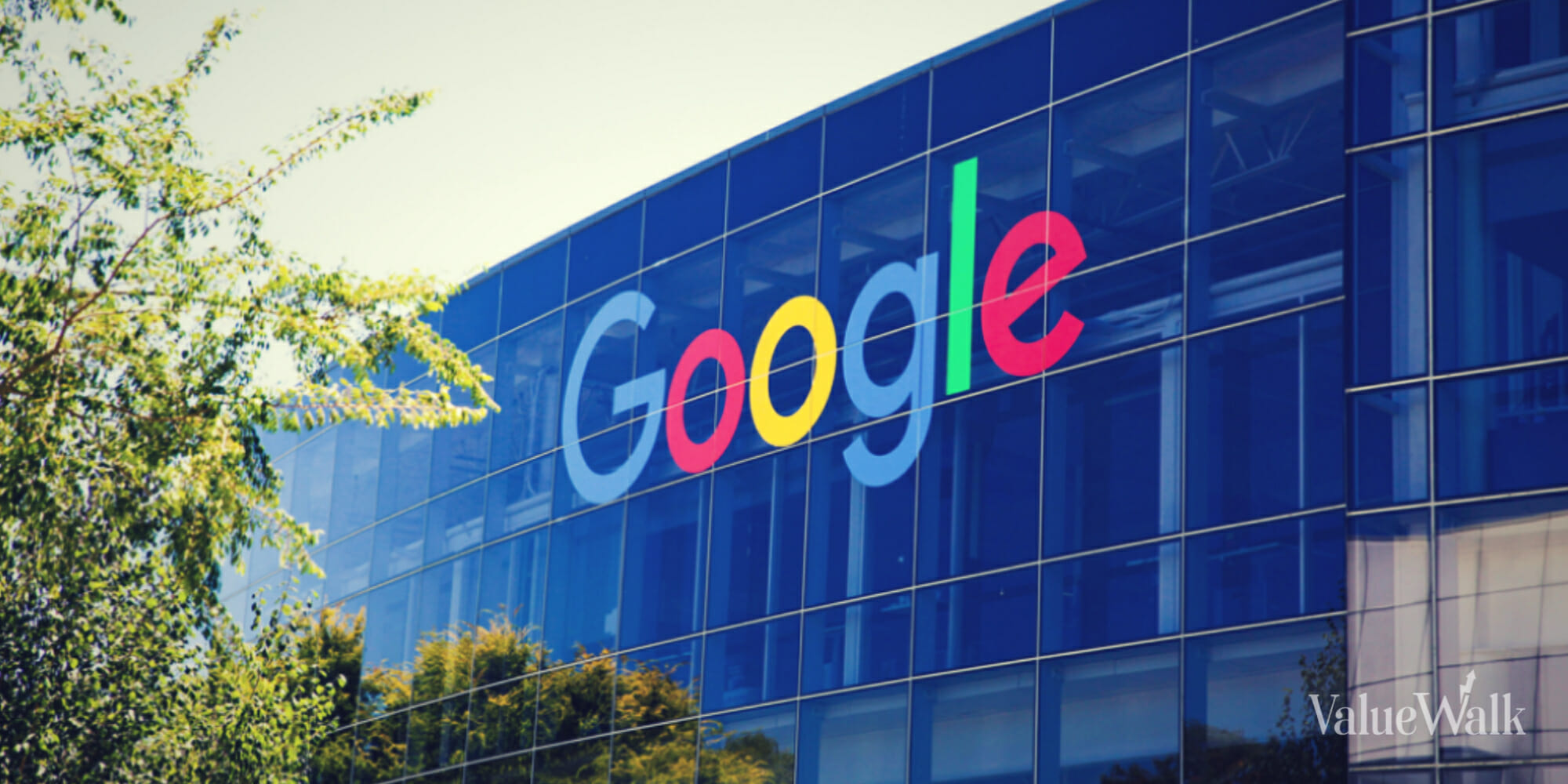Netflix faces more and more competition in the streaming video industry, and as a result, has been investing a great deal of its cash into original content. Some see a potential problem with this tactic as it brings much uncertainty regarding the company’s odds of success.
As a result, Netflix has earned an ultra-bearish report from Evercore ISI analysts.
Netflix downgraded to Sell
In a report dated March 16, analyst Ken Sena and his team said they have downgraded Netflix from Hold to Sell and slashed their price target from $450 to $380 per share. They think the scale that’s required for Netflix to be successful is just too big.
They point out that there is a growing number of distribution partners open to content providers, particularly as data and viewing capabilities improve. There’s an ongoing trend toward platforms that are bigger and “more connected.” This shows how important it is for video streaming providers like Netflix to scale as large as possible.
Here’s a look at the competitive landscape for content distributors as it stands now (All graphs and charts in this article are courtesy Evercore ISI.):
Can Netflix keep competition at bay?
Earlier this year, Netflix management said they’re on track to complete their global expansion efforts within the next couple of years. However, the Evercore team doesn’t think this will be enough to keep the competition in check. Also there are great inherent risks in spending a lot on producing original content.
The analysts say Netflix’s international expansion does help, but it brings some rather unique challenges along with it. For example, the characteristics of international viewers are different than those of domestic viewers. They tend to be lighter in their consumption of TV and have lower penetration rates of general pay TV services.
The reasons for this are because affordability is lower and there is a “lower pricing umbrella with existing pay providers.
Additionally, the Evercore team said international markets are even more prone to competition in the streaming market because similar offerings have moved more quickly than Netflix. They say this is probably because it’s less expensive for these companies to plug in in their own markets.
Netflix ranks low according to revenue
The analysts further looked at the revenue of major content providers. Unfortunately for Netflix, it’s down at the bottom in terms of revenue compared to other providers like CBS, Discovery, AMC and Scripps.
Netflix also seems to be struggling against social, mobile and search in terms of attracting viewers according to minutes. Also despite the company’s focus on international expanding, new content channels are moving more quickly.
Does Netflix have an advantage?
The result, according to the Evercore team, is that Netflix’s advantage in scale seems to be quite uncertain. The video content provider did grow its subscriber base almost 30% year over year. However, there is still plenty of headroom in subscribers, they say. While many see this headroom as being favorable, they think it’s unfavorable because of rising competition.
They estimate that Netflix has about a 42% penetration rate of broadband households in the U.S. but 10% internationally.
Netflix versus HBO
There have been many comparisons between Netflix and HBO, and the two companies do compete with each other. However, Netflix is lagging behind HBO, having about 57.4 million subscribers, compared to HBO’s 136 million subscribers.
Also the Evercore team points out that at the time of the HBO Go streaming service launch, it had 1,000 hours of original content, while Netflix had only 100 hours. They say the company is still at a disadvantage in terms of scale, even though it is pushing significantly ahead of other pay TV services.
Shares of Netflix dipped as much as 3.17% to $424.51 per share.






